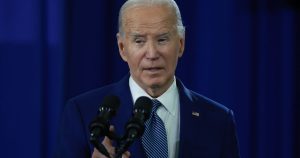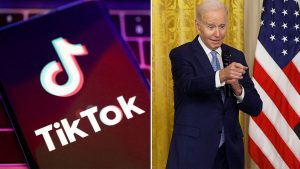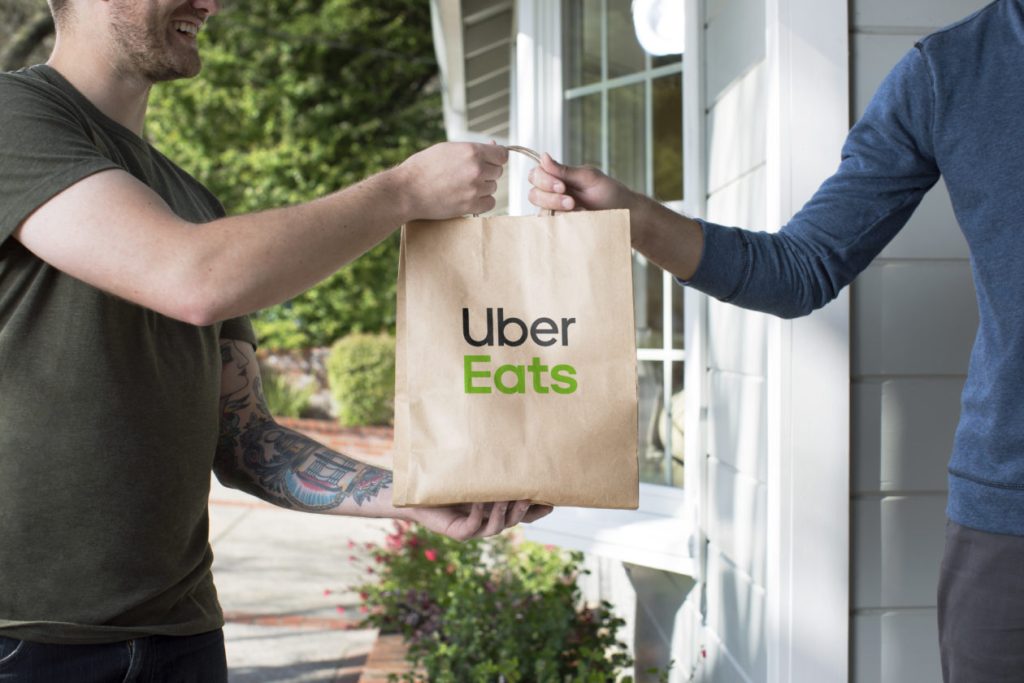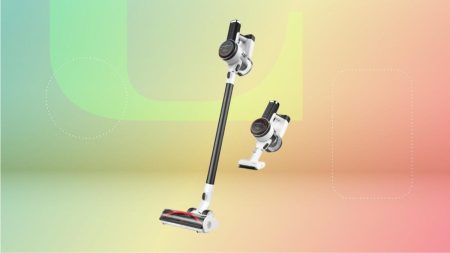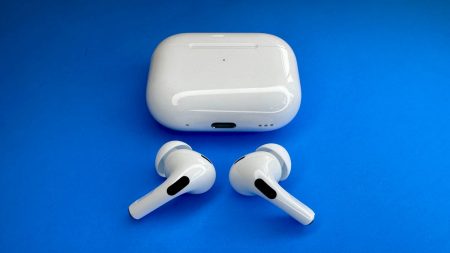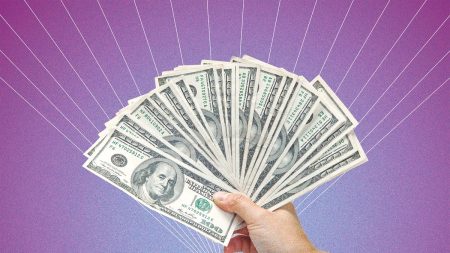In Seattle, a minimum wage law for food delivery drivers sparked controversy as tech giants such as Uber and Doordash responded with increased delivery fees and lobbying efforts to overturn the legislation. The new proposal, introduced by Seattle City Council President Sara Nelson, aims to modify the existing law by lowering the minimum pay threshold for delivery drivers. While the original law was designed to provide protections for gig workers, the proposed changes have sparked debate between supporters of the original legislation and tech companies. The current law sets minimum pay requirements based on time and distance for deliveries. DoorDash has criticized the law, stating that it requires them to pay drivers well above the city’s minimum wage. The proposed changes aim to establish a per-hour minimum wage for engaged time and per-mile minimum, eliminating the per-minute rate.
The new proposal has drawn criticism from Working Washington, a nonprofit that helped pass the original legislation, stating that the changes would reduce worker pay below the minimum wage. The organization argues that additional expenses such as payroll taxes and personal expenses should be considered when setting driver pay rates. The proposed changes would also eliminate requirements for companies to provide data related to driver compensation and time worked, as well as reduce driver’s ability to take legal action against the companies. DoorDash has suggested that customer fees may be lowered if the new law is implemented, potentially reducing costs associated with the existing legislation.
City Council President Sara Nelson has expressed concerns about the impact of the law and fees on restaurants that rely on delivery orders. Some businesses have reported a significant drop in sales since the legislation went into effect, prompting calls for changes to reduce delivery costs and increase order volume. Anecdotal evidence from drivers offers mixed responses regarding the impact of the law, with some reporting lower hourly earnings and others reporting higher wages. The adjustment of tip mechanisms in apps by Uber and DoorDash has also impacted driver earnings.
Seattle’s new laws on minimum wage for delivery workers reflect a broader debate on how gig workers should be compensated and whether they should be classified as employees or independent contractors. The city’s laws are being closely watched as a testing ground for labor standards in the growing food delivery market, especially as other cities such as New York City and Minneapolis consider similar legislation. The impact of these laws on tech companies such as Uber and Doordash, as well as on workers, customers, and small businesses, is a topic of ongoing discussion and scrutiny. Despite the pushback from some organizations, the future of minimum wage laws for gig workers in Seattle and beyond remains uncertain.
